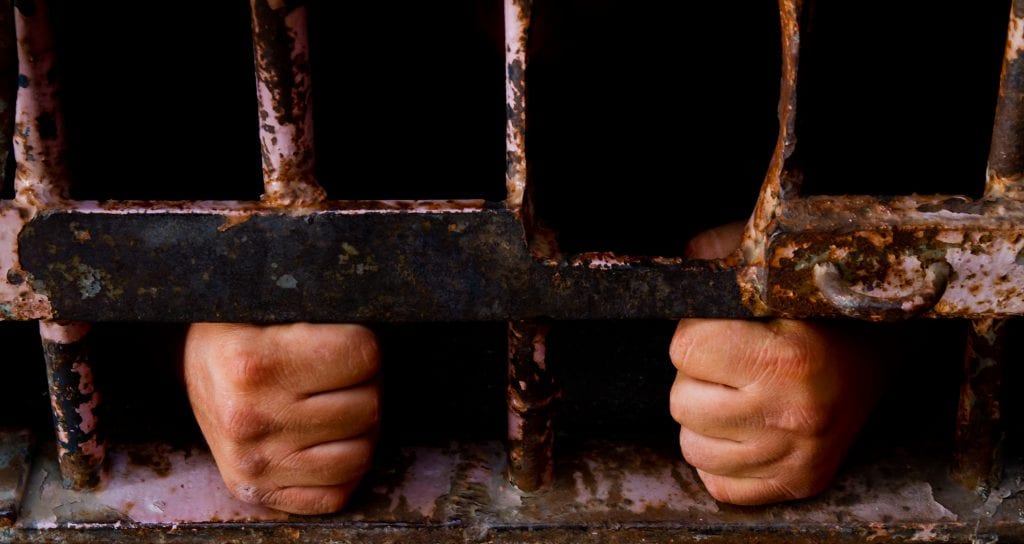
In our recent four-part article series, we discussed at length the issue of false confessions, and why they are such a tragedy. Those articles have sparked considerable debate, and one of the issues that was brought up time and time again is the issue of wrongful convictions. So we thought we would share with you some information from the University of Michigan’s Innocence Clinic, on the most common causes of wrongful convictions.
According to the Innocence Clinic, there are many possible reasons why a person could be wrongfully convicted of a crime. However, the most common reasons can be summed up in the following six categories:1
False Confessions:
We already covered this one at length, so if you didn’t read our article series on false confessions, we would recommend that you take a few minutes and look it over. Don’t believe that an innocent person can confess to a crime they didn’t commit? Well, you’re in for a big surprise! The facts are astounding, and you may learn a thing or two that will change the way you watch crime dramas on TV.
Junk Science:
Junk science is defined as untested or unproven theories that are presented as scientific fact, usually in a court of law. According to the Innocence Clinic, there are a number of forensic testing methods that are considered to be unreliable, lacking in validation, or simply incorrect. Forensic analysts sometimes testify in court without having accurate information or repeatable results to back up their claims.
Eyewitness Testimony:
It has long been known that no two people see a situation, event or person the same way. In the words of Steven R. Covey, “Two people can see the same thing, disagree, and yet both be right. It’s not logical; it’s psychological.” This is no more true than when it comes to eyewitness testimony. In fact, according to the Michigan Innocence Clinic, eyewitness misidentification is probably the single greatest cause of wrongful convictions throughout the U.S.
“Snitching”:
If you’ve ever watched a crime drama (and we wager that you probably have), then you’ve heard of snitches – people who provide testimony against someone else in return for something they want. A ‘jailhouse snitch’ will usually testify against someone else in return for a reduced sentence, or some other benefit that will make their time in jail more pleasant. Others, not in jail, will provide incriminating testimony in return for money or other favors. In most cases, the incentives are not revealed to the jury.
Government Misconduct:
Occasionally, government officials will push a case through in order to gain the conviction they want, despite shaky evidence or even clear proof of innocence. This can happen in the form of prosecutorial misconduct, police misconduct, withholding evidence that is favorable to the accused, fraud, evidence tampering, and intentional negligence.
Poor Legal Representation:
Whether it’s a court appointed attorney who only meets with their client minutes before the hearing begins, or worse – doesn’t even show up, or an overworked attorney who can’t keep up with the cases assigned to them – bad lawyering accounts for a surprising amount of wrongful convictions.
Having just read that last item on the list, we cannot stress to you enough the importance of having a good defense attorney. Someone with experience handling the type of cases you are facing. Someone with the knowledge that comes from many years of successful engagement, both in and out of the courtroom. Someone with access to the best expert witnesses, investigators, and researchers. In other words – an attorney from The Kronzek Firm. So call us today at 866 766 5245. We have been doing this for a very long time, and we are very good at it. Don’t settle for anything less! The right attorney is critical.





